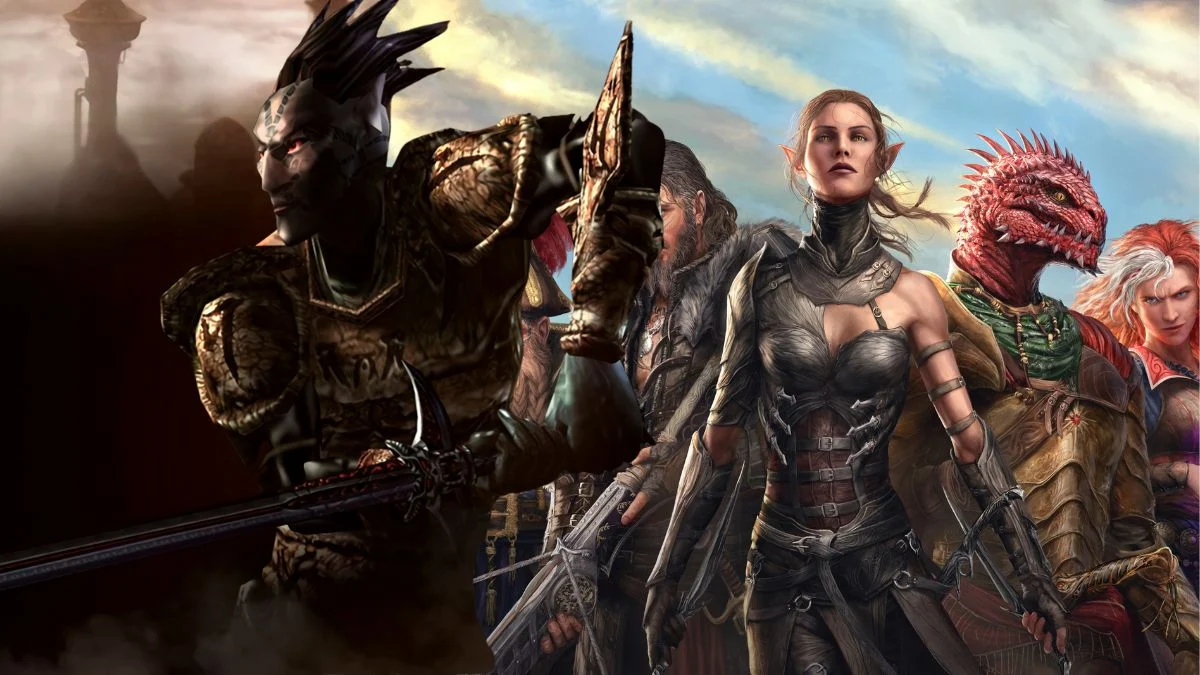
Many role-playing games have fantastic features hidden beneath complicated rules and tricky steps that can frustrate even experienced players. You can spend hours playing, exploring, and trying different things, but some important parts of the game – like quests, characters, or secret endings – only become available if you know exactly what to do and when. Others make things difficult with unclear instructions or intentionally challenging levels. This list highlights popular games known for their confusing systems, complicated layouts, and hidden requirements that often make players seek help from others.
‘The Elder Scrolls III: Morrowind’ (2002)
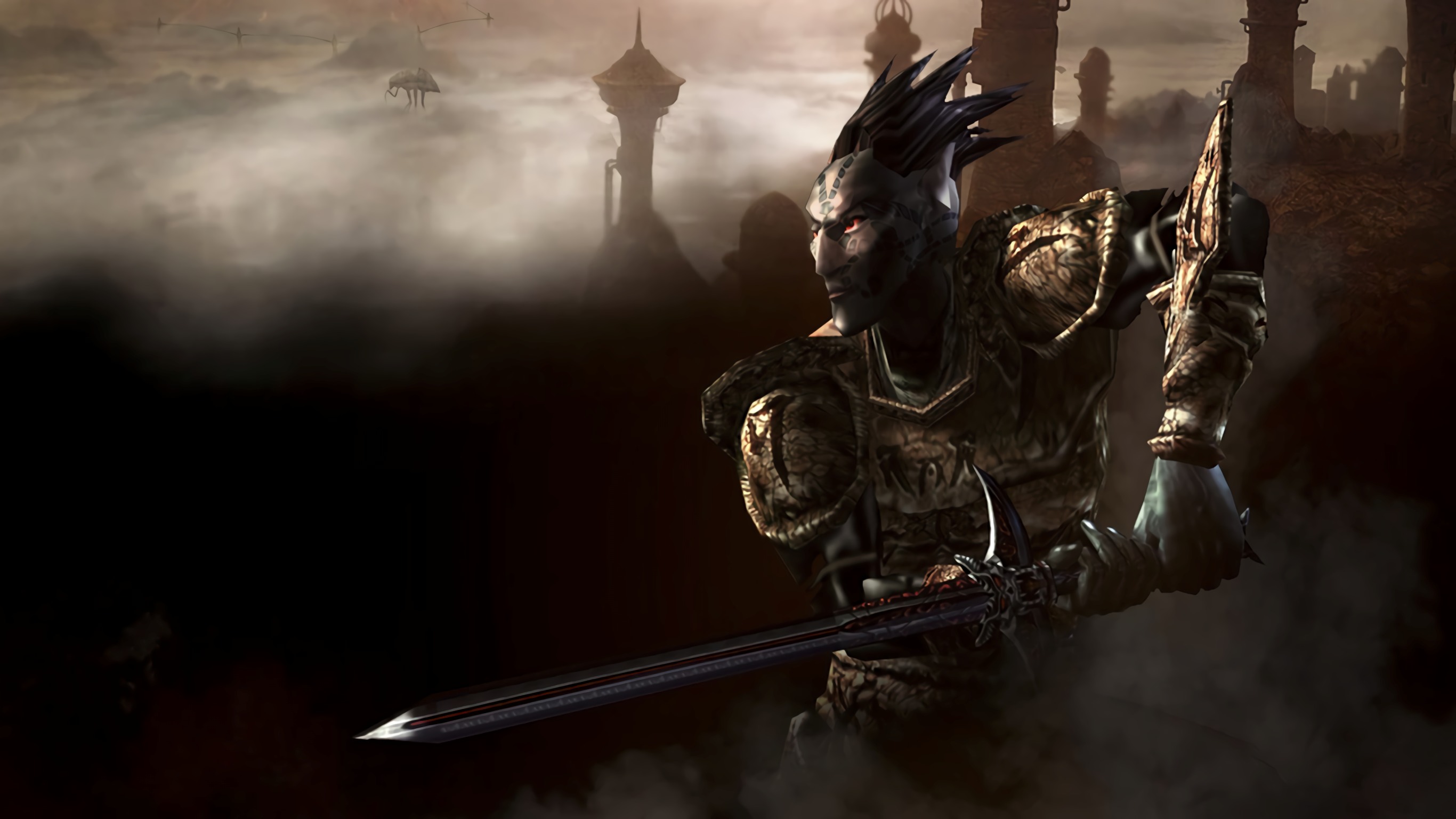
Quests in ‘Morrowind’ give you written instructions instead of pointing you on a map, meaning you’ll need to pay attention to the environment and what people say to find characters. Different quest lines sometimes clash, and one wrong decision can block you from completing them. Your skills improve by doing things, but if you don’t plan carefully, you can get stuck and make it impossible to progress. Finding the best gear and spells requires solving puzzles, understanding prophecies, and carefully listening to conversations – it’s easy to overlook important clues.
‘Pathologic 2’ (2019)

Pathologic 2 is structured around a tight daily schedule, meaning time progresses even if you’re not prepared. Important story moments and what happens to characters depend on being where you need to be, when you need to be, with limited supplies. The game’s systems – like your reputation, health, and stamina – all work together and can penalize you for making choices without understanding the consequences. Hints and information are given through characters you can’t fully trust and presented in a mysterious way, so the game rarely gives you direct answers.
‘Shin Megami Tensei III: Nocturne’ (2003)

In ‘Nocturne,’ how demons pass down skills is crucial, and even minor errors can break a strong character build. Unlocking the true path requires finding and solving challenging, optional labyrinths. Battles with bosses aren’t about simply being strong; you need to exploit their weaknesses using specific resistances, buffs, and debuffs. Finally, choosing the right Magatama subtly alters a demon’s strengths and weaknesses, but the game doesn’t offer much guidance on how these choices impact gameplay.
‘Etrian Odyssey’ (2007)
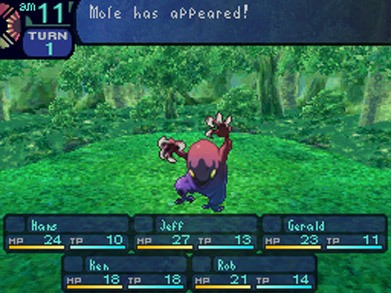
Etrian Odyssey challenges players to create their own maps, noting things like traps, shortcuts, and hidden areas. Success depends on thoughtful planning with character classes and skill upgrades – making mistakes can be time-consuming. Powerful enemies move in predictable ways, and you’ll need to learn these patterns to avoid danger. Finally, getting the best equipment involves finding specific materials that appear in different locations and at different times.
‘Phantasy Star II’ (1989)
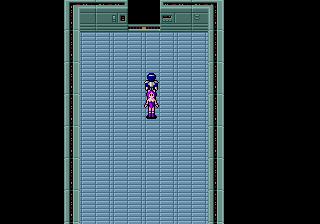
The dungeons in this game are designed like mazes, using repeating patterns that make it easy to get lost without a map. Important items are hidden within large, complex areas with few landmarks. Your characters aren’t very durable, and it’s tough to find good places to level up quickly. The game often gives you vague instructions for key story goals, which means you’ll spend a lot of time searching without knowing where to go.
‘SaGa Frontier’ (1997)
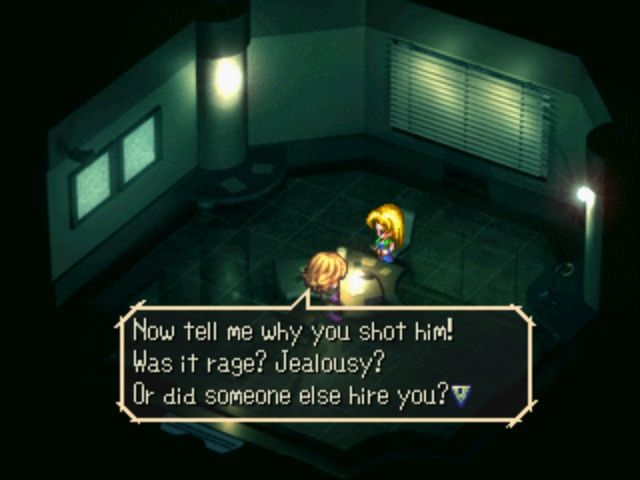
As a huge ‘SaGa Frontier’ fan, I can tell you it’s a really unique RPG. You pick one of seven different characters to start with, and while you’ll explore similar areas, each one has their own story and things that need to happen in a specific order to unlock everything. Leveling up is a bit different too – your characters learn skills randomly, so you can sometimes get stuck if you don’t fight the right enemies. And honestly, the game doesn’t really tell you if you’re not strong enough for an area or a boss, so you have to figure it out yourself!
‘Romancing SaGa 2’ (1993)
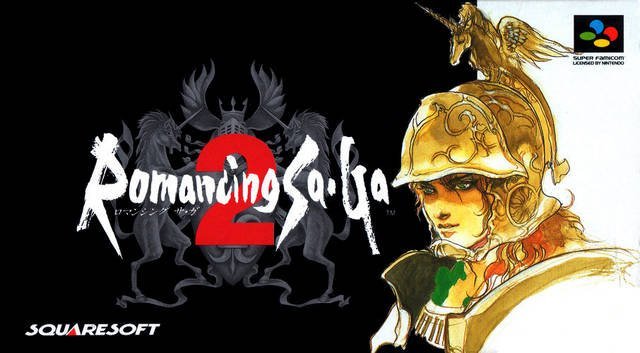
The game’s world progresses as you play, and your choices can lock off dungeons and quests forever. Learning new abilities involves finding special weapons and strategically organizing your team, which influences your chances of success. There are also complex economic and empire-building systems with far-reaching effects that aren’t always clear. Finally, completing the game involves a challenging hunt for rare items throughout different time periods.
‘Unlimited Saga’ (2002)
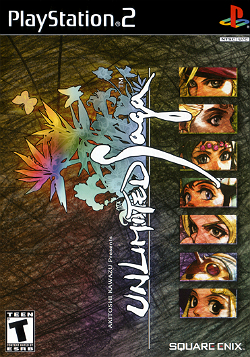
Progress in the game relies on carefully timed actions and building up your abilities. Important crafting and upgrade features are hidden within complex menus. Exploring the world uses a limited number of steps, and you’ll quickly use up resources while avoiding traps. Many quests aren’t shown until you’ve visited certain locations in a specific order, and the game doesn’t offer much help figuring out what to do.
‘Wizardry’ (1981)
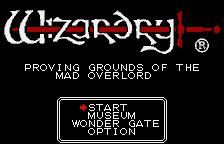
Okay, so this game is old school. Forget auto-mapping – you seriously have to draw out the levels yourself to keep track of traps, dark areas, and those annoying one-way doors. Building your party is a puzzle too. You can switch classes, but it’s not easy – you really need to plan out your characters’ stats to make it work. And listen to this: if someone dies, they’re gone, and you lose all their stuff. One wrong move and it’s a big setback! Oh, and the spells? Forget remembering names, you gotta memorize what each level of spell does because there are no handy tooltips to help you out. It’s tough, but rewarding if you’re into that kind of challenge.
‘The Bard’s Tale’ (1985)
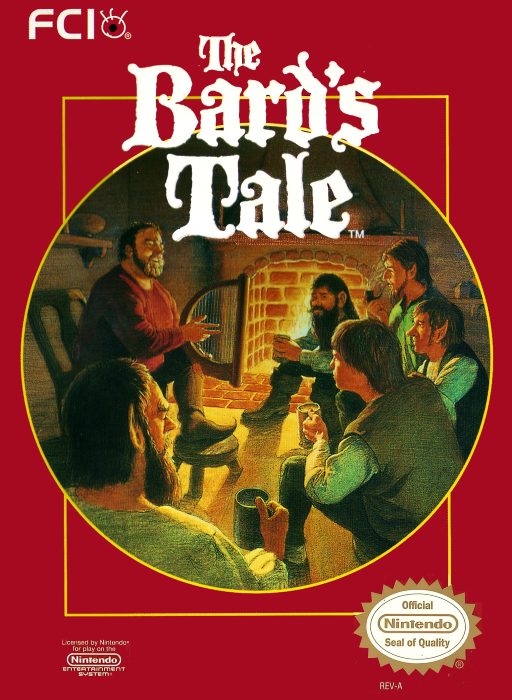
Dungeons feature tricky elements like teleporters and areas where magic doesn’t work, forcing you to think outside the box. Moving forward often depends on figuring out which song to play on specific spots, with no help from the game itself. Leveling up your character involves completing guild quests that are easy to miss. And important equipment is locked behind puzzles that require you to remember information from earlier in the game.
‘Final Fantasy II’ (1988)
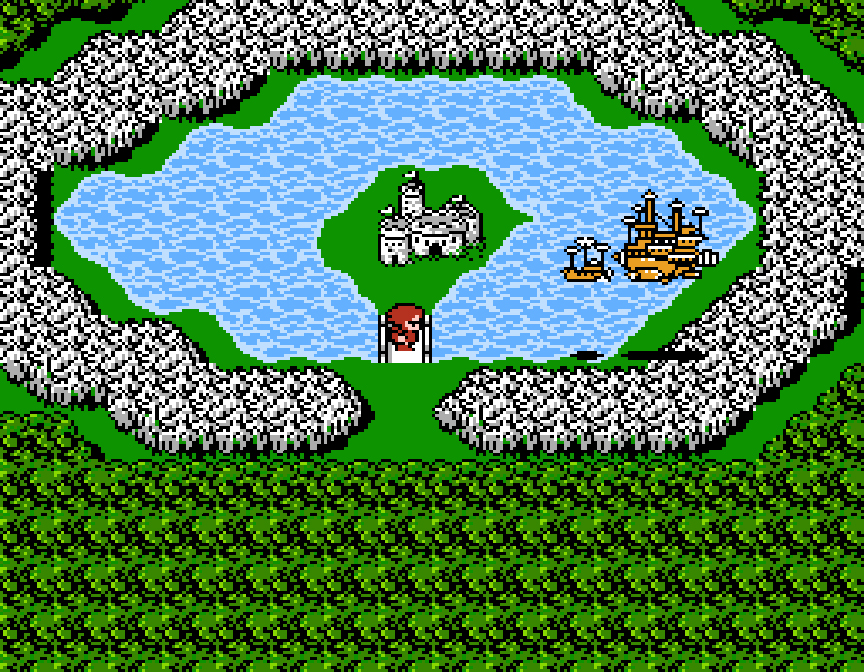
Instead of leveling up with experience points, your characters get stronger by what they do in battle. However, how you train them can sometimes lead to weaknesses. Be careful, because important spells and weapons can be easily missed if you progress the story too quickly. The world map becomes available early on, but the game doesn’t give you much guidance about where to go.
‘Vagrant Story’ (2000)

How much damage you deal depends more on your weapon choices and upgrades than your character’s level. Creating new weapons involves combining materials at save points, but the game doesn’t actually tell you the recipes. Enemies have different weaknesses, so you’ll need to build several different weapons to be effective. The game also penalizes repeating the same attacks, forcing you to think strategically and pace yourself during combat.
‘Dark Souls’ (2011)
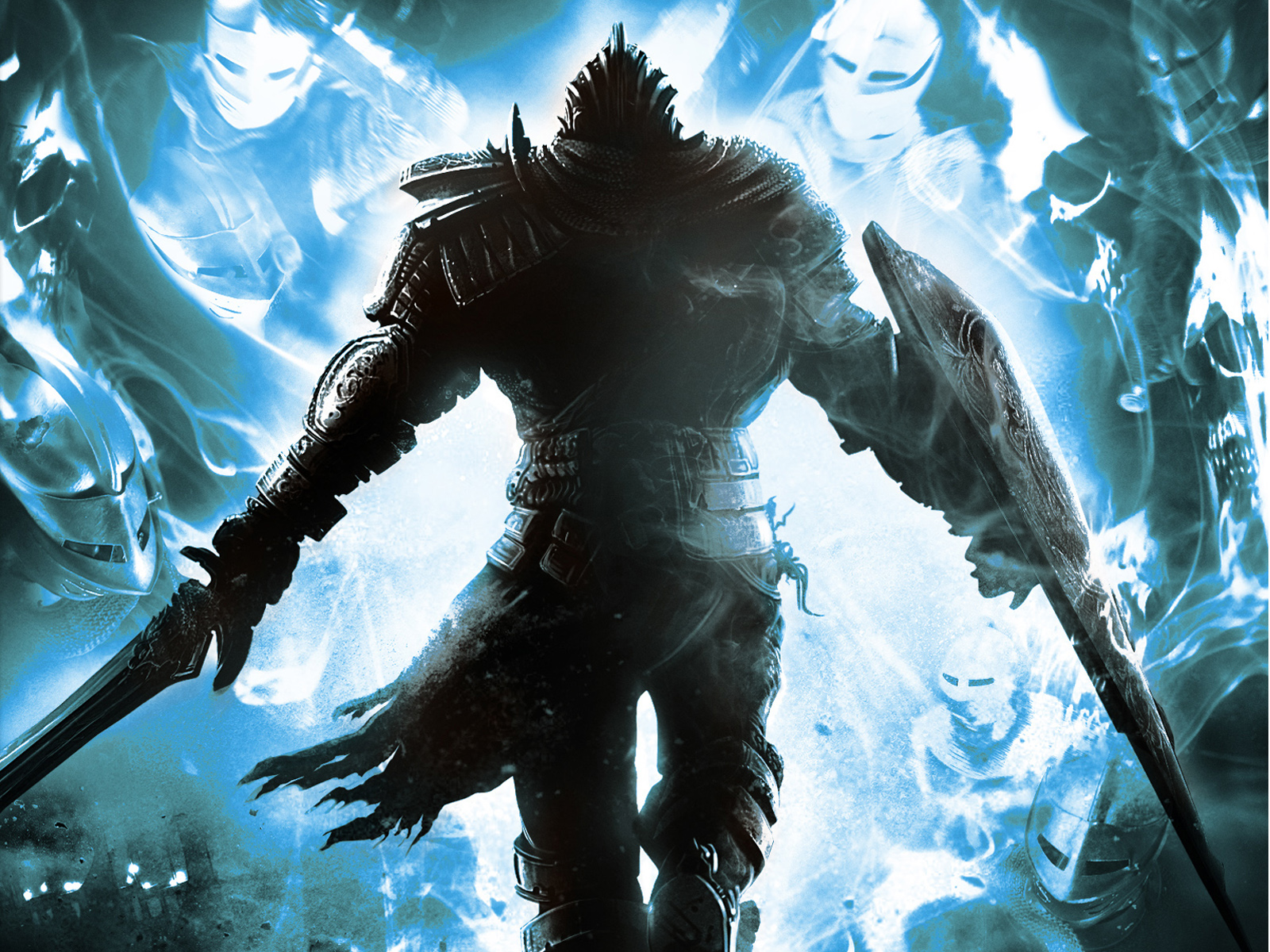
The main story is often hidden, requiring players to explore optional areas, find secret passages, and collect keys from far-off places. Choosing certain alliances offers special rewards, but it can also permanently close off other options. Completing character quests relies on finding people in specific locations after defeating certain bosses. Understanding how stats affect things like equipment weight and spellcasting isn’t straightforward for new players.
‘Demon’s Souls’ (2009)

The game world reacts to your choices, affecting enemy appearances, the items you find, and the events available to you. The order in which you complete Archstones significantly impacts the game’s difficulty, sometimes unexpectedly. Non-player characters can permanently die or vanish if you don’t act quickly after defeating bosses. Improving your weapons and spells demands scarce resources that only become available under specific circumstances.
‘Path of Exile’ (2013)

The game’s skill system is vast, with many options that can be difficult to change later without careful planning. Each new league adds more currencies and items, making the game even more complex. Creating powerful items involves understanding hidden rules about how different qualities and properties work. And reaching the very end of the game requires managing a complex world map and understanding how different regions affect the items you find.
‘Divinity: Original Sin 2’ (2017)
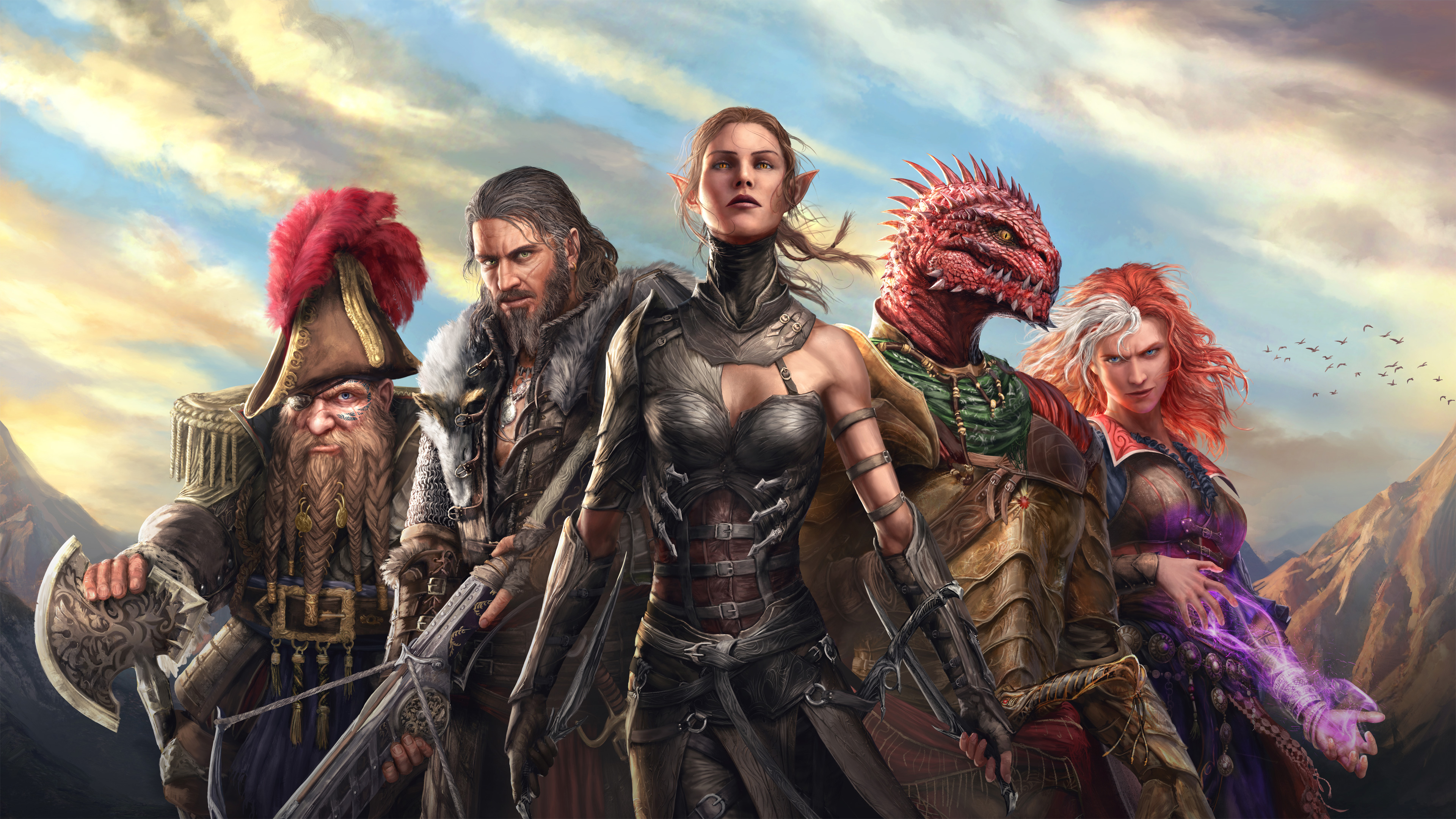
How quests unfold depends on your character’s race, background, and choices you make in conversations. You can sometimes bypass intended game progression by interacting with the environment, but doing so could potentially make objectives uncompletable. Your character’s strengths and skills influence both battles and how you solve quest challenges. To get the most out of certain abilities, it’s helpful to think about how your party members’ skills work together from the beginning.
‘Disco Elysium’ (2019)
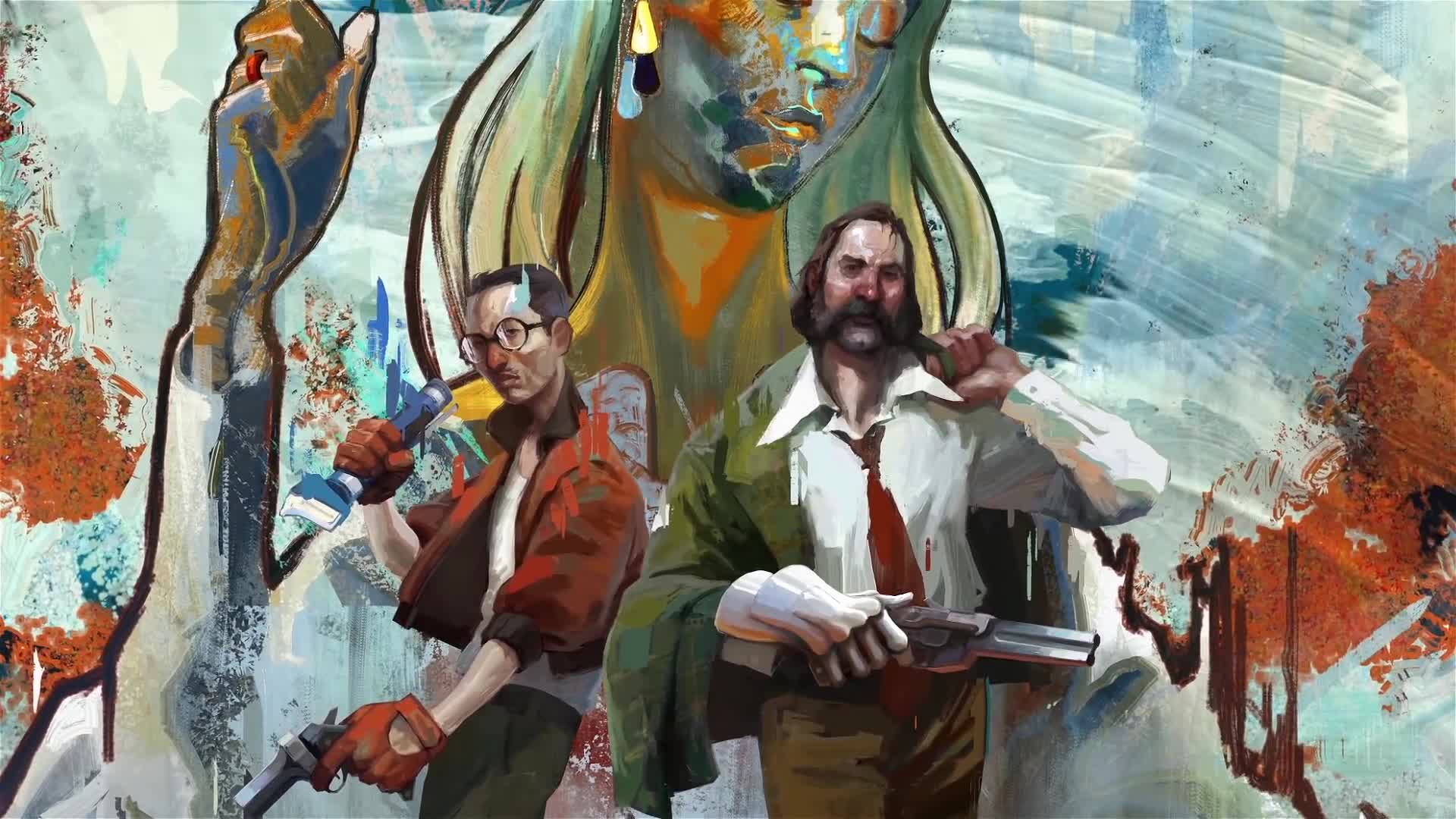
The game automatically handles skill checks, and you can try them again if you change what your character is wearing or thinking. Researching in the Thought Cabinet can change what characters say, potentially revealing new clues or blocking off old ones. Time passes both during conversations and while you explore, and this can cause things to happen or characters to move. Many quests require you to pay close attention to your surroundings and interact with small details, but the game doesn’t always give you clear instructions.
‘Kingdom Come: Deliverance’ (2018)
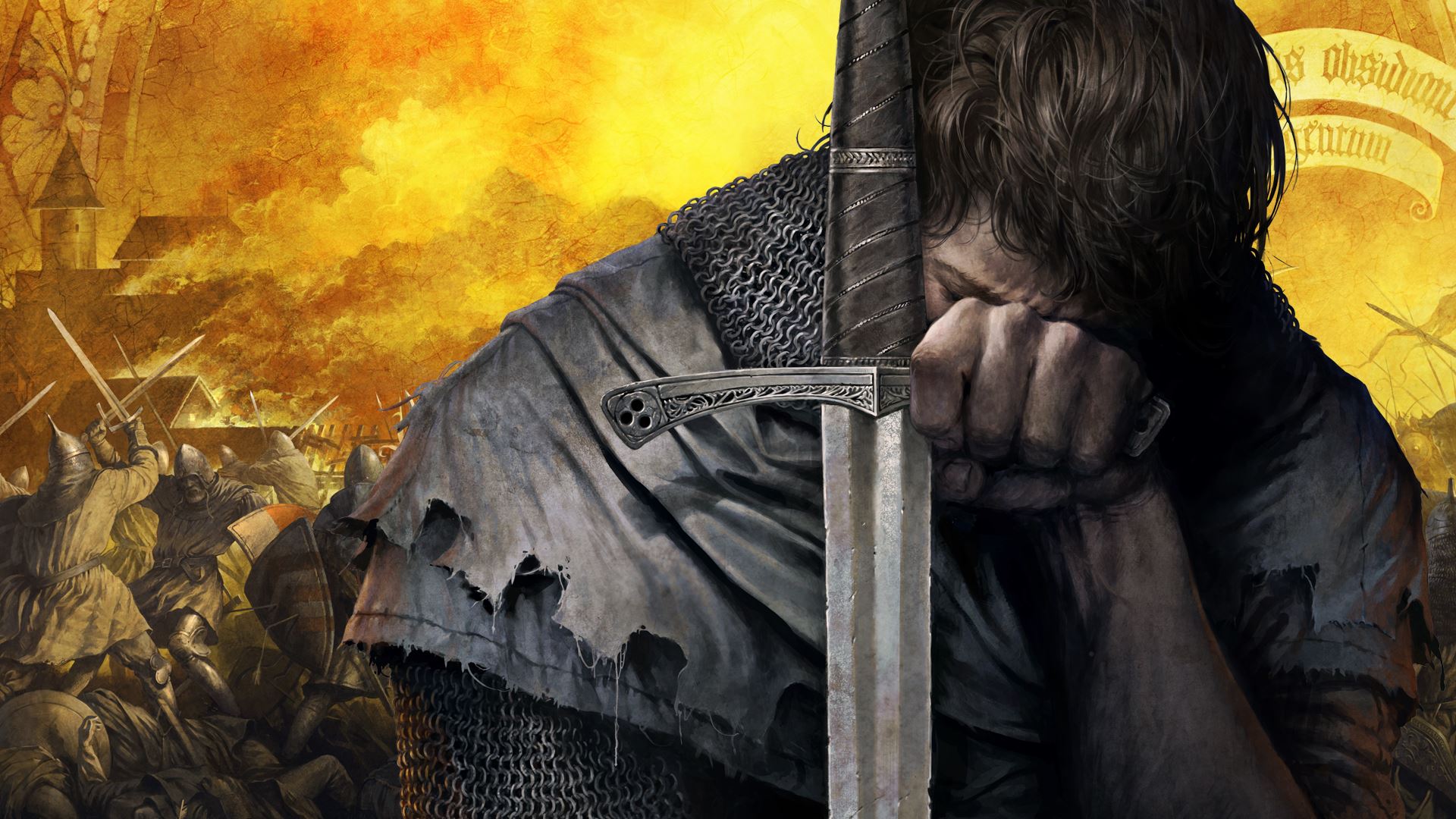
The game features immersive survival elements where your stamina, hunger, and hygiene affect how characters react to you and how well you fight. Skills like lockpicking, potion-making, and even reading require consistent practice and using resources carefully, as they’re easy to deplete. Quests aren’t always guaranteed; you can fail if you don’t arrive on time or don’t have the necessary abilities. Your reputation in each town influences prices and how guards treat you, but the system isn’t always clearly explained.
‘The Legend of Legacy’ (2015)
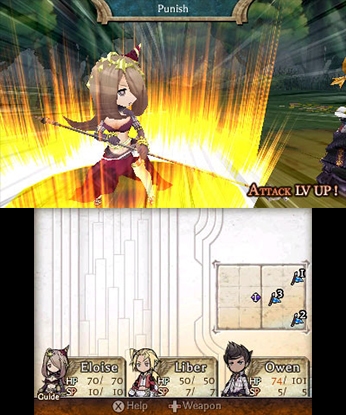
How your characters perform in battle changes based on your team’s setup and the order in which you act. Using elemental abilities effectively requires maintaining specific combinations, or you’ll lose their benefits. Exploring maps multiple times reveals secret locations that can change the environment. Successfully defeating bosses relies on mastering how to switch between abilities and elemental combinations through practice.
‘Xenogears’ (1998)
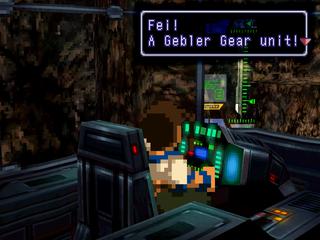
The game switches between fighting on foot and battles using special equipment, each with its own resources. You can unlock extra abilities and items by talking to characters, but these are often hidden in optional conversations. Dungeons have complex puzzles spread across multiple rooms, sometimes requiring you to go back and explore areas you’ve already been through. And later in the game, you might miss out on content if you haven’t upgraded certain things beforehand.
Share the RPGs that forced you to open a guide in the comments so everyone can compare notes.
Read More
- Gold Rate Forecast
- DOT PREDICTION. DOT cryptocurrency
- Silver Rate Forecast
- Top 15 Insanely Popular Android Games
- 4 Reasons to Buy Interactive Brokers Stock Like There’s No Tomorrow
- EUR UAH PREDICTION
- Did Alan Cumming Reveal Comic-Accurate Costume for AVENGERS: DOOMSDAY?
- ELESTRALS AWAKENED Blends Mythology and POKÉMON (Exclusive Look)
- Core Scientific’s Merger Meltdown: A Gogolian Tale
- New ‘Donkey Kong’ Movie Reportedly in the Works with Possible Release Date
2025-11-20 17:17